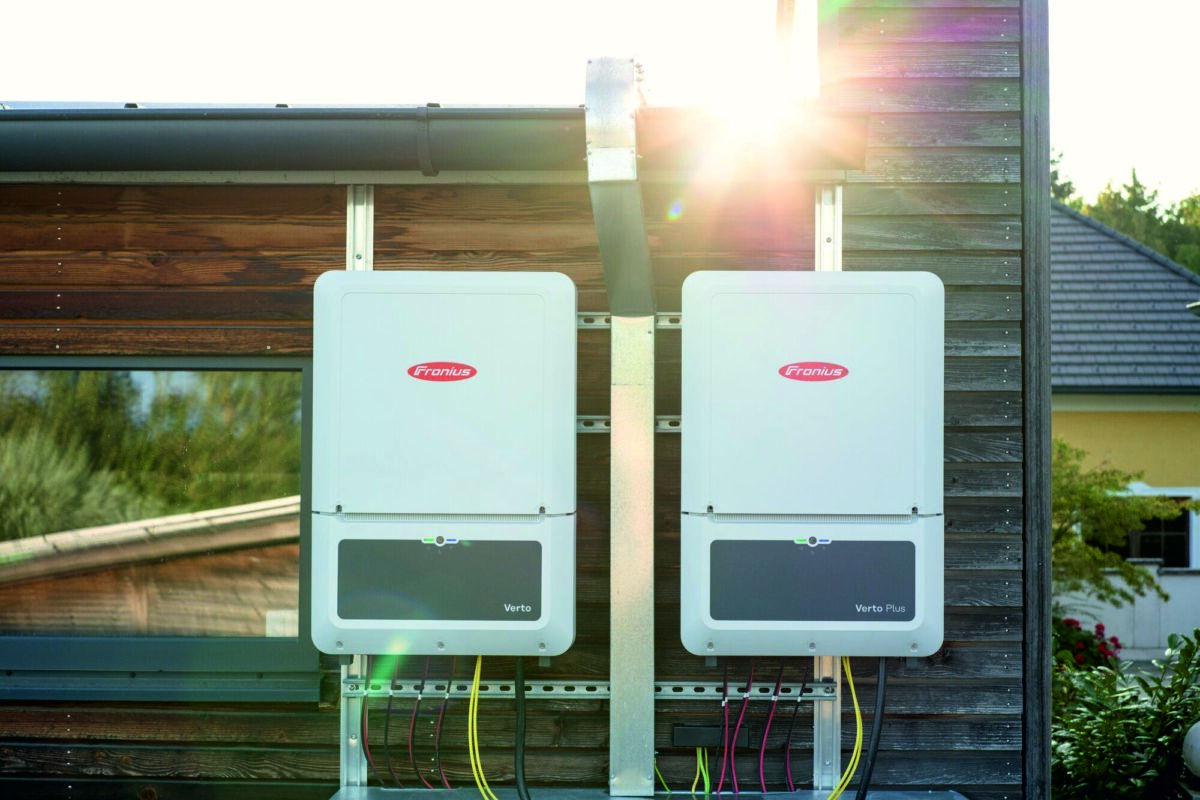The European Organisation of Telecommunications by Satellite (Eutelsat) has completed an investigation into a malfunctioning solar array on its Eutelsat 5 West B craft, which was launched in October.
The Paris-based company said the loss of the south solar array – one of two on the satellite – has been confirmed, reducing the operational capacity of the craft to around 45%.
“Eutelsat 5 West B is fully insured against the eventuality of a partial or total loss by a launch-plus-one-year insurance [policy] for up to €173 million,” the European satellite operator stated. It added, loss of the solar array will result in a revenue hit of $5-10 million this fiscal year.
The bottom line
“The one-off cost of mitigation, mostly related to the re-pointing of ground antennae, will be between 0 and €10 million,” the company said.
Despite the setback, the satellite is expected to become operational this month and to function for its scheduled lifetime. No information was provided about the PV technology used for the affected array nor the reasons of its loss. An investigation into the failure was opened days after the launch.
Most spaceflight solar arrays feature expensive and ultra high efficiency III-V solar cells, so named in reference to the numbers of the groups they occupy in the periodic table.
A team at the U.S. National Renewable Energy Laboratory recently came up with a process to reduce the production cost of such highly efficient gallium arsenide cells. Chinese module manufacturer Jinko Solar has signed a memorandum of understanding with the Shanghai Institute of Space Power-Sources to jointly develop high-efficiency solar cell technology.
This content is protected by copyright and may not be reused. If you want to cooperate with us and would like to reuse some of our content, please contact: editors@pv-magazine.com.




By submitting this form you agree to pv magazine using your data for the purposes of publishing your comment.
Your personal data will only be disclosed or otherwise transmitted to third parties for the purposes of spam filtering or if this is necessary for technical maintenance of the website. Any other transfer to third parties will not take place unless this is justified on the basis of applicable data protection regulations or if pv magazine is legally obliged to do so.
You may revoke this consent at any time with effect for the future, in which case your personal data will be deleted immediately. Otherwise, your data will be deleted if pv magazine has processed your request or the purpose of data storage is fulfilled.
Further information on data privacy can be found in our Data Protection Policy.